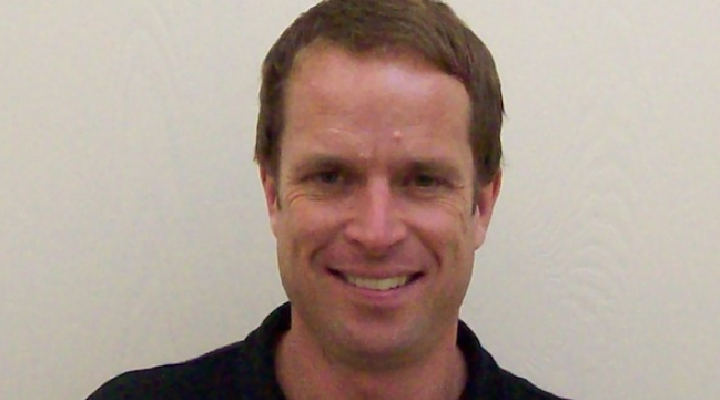Michael Hagele serves as general counsel for technology companies in industries such as aerospace, defense, internet and biotechnology. He invests in some tech companies in their early stages. Additionally, he founded and funded several businesses in the hospitality and restaurant industries. Michael works hard to negotiate, draft and close various agreements in both international and domestic telecommunications fields. He has also handled commercial agreements, intellectual property rights issues and many corporate transactions.
In the past, Michael worked as an in-house attorney and served as a general legal counselor for venture capital companies. He managed corporate governance, employment, mergers and many other issues. Michael earned his law degree from the University of California, Berkeley.
Where did the idea for starting your own practice come from?
As an independent attorney and as someone who has worked directly for a company, I realized that small practices can serve clients better. I learned that this approach makes it easier to offer affordable but high-quality legal services for my technology clients.
Will you describe a typical productive day for yourself?
I usually start my mornings by reviewing my daily tasks. I handle general matters, intellectual property issues and counseling first. After that, I start making contracts such as technology licensing agreements. In the afternoon, I clear my head by riding my bike. When I do that, I usually develop my best ideas or figure out the best solutions to problems. I return to my office with a fresh outlook that would be hard to find by sitting there and staring at a desk all day. As the afternoon and evening hours progress, I deal with any client issues that arise and work on resolutions. In the later evening hours, I spend time on the phone with my foreign investment partners to discuss strategies.
How do you turn ideas into reality?
I never give up, and I believe that tenacity is the key to making an idea come to life. With a process that involves iteration, assumption challenging and utilizing new information, the best outcomes are possible.
Is there a trend that excites you?
One of the most intriguing trends is artificial intelligence. Its variety of applications such as genetic programming holds vast possibilities. I advise a company that made an application for finding the most productive use of funding, and I invested in it as well. Machine learning is a big trend today. We can now use algorithms to determine patterns. With these capabilities, analysts can identify obscure ties between sets of data. Machine learning gives us the possibility of discovering the unknown or clarifying unclear concepts of a program’s impact. With better insights, program expansion can happen without hefty costs.
As an entrepreneur, do you have a habit that enhances your productivity?
Getting in the habit of putting the customer first is one that has helped me and can help every entrepreneur. When you work in a high-pressure industry, your client’s business may depend on your abilities. If you put yourself in the client’s shoes, you can better determine how to serve each person.
What did you learn from your worst job in life?
When I was younger, I worked in Chicago at a car wash. It was winter, and my hands always felt painful and numb. It was good incentive to take charge of my future and pursue my educational goals.
Do you recommend any perpetual habits for entrepreneurs to develop?
One thing that I do over and over is physical activity. I try to exercise every day. For me, it sharpens my mind and recharges me. Stepping away from challenges at work to clear your head and take care of your body has multiple benefits.
Is there a particular strategy that fueled your practice’s growth?
Today, social media is an important part of business growth. You can truly connect with customers in a more personal way. However, I try not to overdo it. Leaving dialogue open helps promote your services or products.
How did you overcome a memorable failure as an entrepreneur?
I remember working on a restaurant opening for a celebrity chef. The individual was not interested in equity but was only interested in salary. In hindsight, it was a bad idea to work with someone who had that mindset. I believe that every key player should be invested in the company and its success in one way or another. Equity participation has helped many enterprises grow and flourish.

